The Ultimate Guide to Saving 50-80% on Healthcare in Thailand
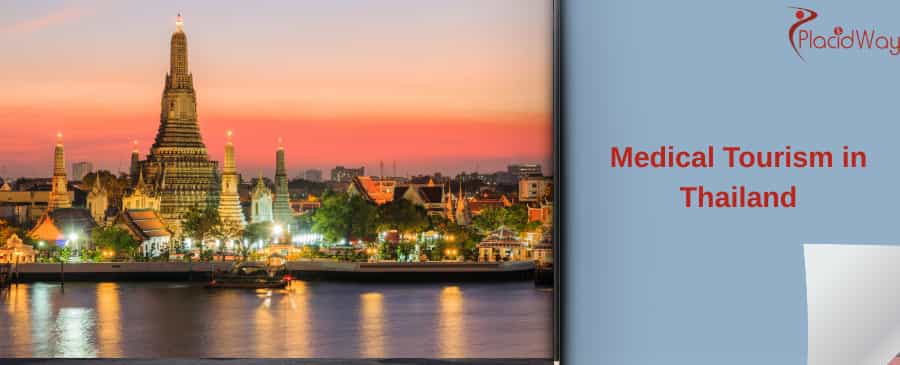
Have you ever wondered if you could get top-notch medical treatment without the hefty price tag you'd find in Western countries? It might sound too good to be true, but that's the reality of medical tourism in Thailand. For years now, Thailand has become a global hotspot for people seeking a wide range of medical procedures, from complex surgeries to cosmetic enhancements and dental work. The big question on everyone's mind is: how do the costs really stack up against what you'd pay in the United States, the United Kingdom, or Canada? The short answer is, the savings are substantial. We're not just talking about a small discount; in many cases, you could be looking at paying a mere fraction of the price for the same, if not better, quality of care. This has made the 'Land of Smiles' a beacon of hope for those who are either uninsured, underinsured, or simply looking for more affordable healthcare options. But it's not just about the lower prices. The appeal of medical tourism in Thailand is a combination of factors: world-class hospitals, internationally-trained doctors, state-of-the-art technology, and the added bonus of recovering in a beautiful, tropical paradise. It’s a compelling package that’s drawing in an increasing number of international patients every year.
How much can I save on medical procedures in Thailand compared to the US?
The cost difference between medical treatments in Thailand and the United States is staggering. For instance, a heart bypass surgery that could cost over $100,000 in the U.S. might only be around $20,000 in Thailand. Similarly, a knee replacement that could set you back $40,000 or more in the U.S. is often available for about $10,000 in a top Thai hospital. These significant savings are a primary driver for the boom in medical tourism in Thailand.
These lower costs are not a reflection of lower quality. The savings are possible due to a combination of factors, including a lower cost of living, reduced labor and operational expenses for hospitals, and favorable government policies that support the medical tourism industry. This allows Thai healthcare providers to offer world-class services at a fraction of the price you would find in the West.
What are the cost comparisons for dental work between Thailand and the UK?
The United Kingdom is known for its high dental care costs, which is why so many are now looking to Thailand for their dental needs. A single dental implant that might cost £3,000 or more in the UK could be as little as £1,000 in Thailand. Porcelain veneers are another popular treatment, and while they can be upwards of £800 per tooth in the UK, you might pay around £300 per tooth in Thailand.
Here's a quick comparison of common dental procedures:
- Dental Crowns: £700-£1,200 in the UK vs. £250-£500 in Thailand.
- Teeth Whitening: £500-£800 in the UK vs. £150-£300 in Thailand.
- All-on-4 Dental Implants: £12,000-£18,000 in the UK vs. £6,000-£9,000 in Thailand.
How do plastic surgery costs in Thailand compare to Canada?
For Canadians considering cosmetic surgery, Thailand presents an incredibly attractive option. The savings on procedures like breast augmentation, rhinoplasty, and facelifts are substantial. A breast augmentation that might cost CAD $10,000 to $12,000 in Canada could be as low as CAD $4,000 to $6,000 in Thailand, including high-quality implants.
A facelift in Canada can easily exceed CAD $15,000, while in Thailand, the same procedure can be performed by a highly skilled surgeon for around CAD $6,000 to $8,000. These lower prices don't mean you're compromising on expertise; many of Thailand's plastic surgeons have international training and years of experience.
Is the quality of healthcare in Thailand comparable to Western countries?
One of the biggest concerns for medical tourists is whether the quality of care will be on par with what they're used to at home. In Thailand, this is not a concern when you choose a reputable hospital. The country boasts a significant number of hospitals that have received Joint Commission International (JCI) accreditation, which is considered the gold standard in global healthcare. This accreditation ensures that the hospital adheres to the highest international standards of patient care and safety.
Furthermore, many doctors and surgeons in Thailand have been trained in the United States, Europe, and other Western countries. They are often fluent in English and have extensive experience in treating international patients. This combination of world-class facilities and skilled medical professionals ensures that you receive the best possible care during your treatment.
Are Thai hospitals accredited by international organizations?
JCI accreditation is a rigorous process that evaluates a hospital's performance in areas such as patient safety, quality of care, and medical expertise. The fact that so many Thai hospitals have achieved this accreditation is a testament to their commitment to excellence. When you choose a JCI-accredited hospital in Thailand, you can be confident that you are receiving care that is on par with the best hospitals in the world.
Some of the most renowned JCI-accredited hospitals in Thailand include Bumrungrad International Hospital and Bangkok Hospital, both of which are recognized globally for their exceptional medical services and patient care.
What are the most popular procedures for medical tourists in Thailand?
Thailand has become a hub for a diverse range of medical treatments. Here's a closer look at some of the most sought-after procedures:
- Cosmetic Surgery: Breast augmentation, rhinoplasty, facelifts, and liposuction are extremely popular due to the expertise of Thai surgeons and the significant cost savings.
- Dental Procedures: Everything from routine check-ups and cleanings to complex full-mouth restorations with dental implants is available at a fraction of Western prices.
- Orthopedic Surgery: Thailand is a leading destination for joint replacement surgeries, with many patients traveling for knee and hip replacements.
- Cardiac Care: Advanced cardiac procedures like angioplasty and bypass surgery are performed in state-of-the-art facilities by experienced cardiologists.
- Fertility Treatments: Many couples travel to Thailand for IVF and other fertility treatments due to the high success rates and more affordable costs.
Are there any hidden costs I should be aware of?
To ensure a smooth and stress-free medical journey, it's crucial to have a clear understanding of all potential costs involved. While the price of the medical procedure itself is significantly lower, you need to budget for:
- Travel: Airfare to and from Thailand.
- Accommodation: Hotel or serviced apartment costs, especially for the pre- and post-operative period.
- Visa: If your stay exceeds the visa exemption period, you may need to apply for a medical visa.
- Living Expenses: Food, transportation, and other daily costs. Medication and Follow-up Care: The cost of any prescribed medications and post-operative consultations.
Working with a trusted medical tourism provider can help you get a clear and all-inclusive quote, minimizing the chances of any unexpected financial surprises.
What are the best hospitals in Thailand for medical tourists?
Thailand's private healthcare sector is home to numerous outstanding hospitals that cater specifically to international patients. Here are a few of the top choices:
- Bumrungrad International Hospital: Located in Bangkok, this is one of the largest and most renowned private hospitals in Southeast Asia, with a strong focus on medical tourism.
- Bangkok Hospital: A leading private hospital group with numerous facilities across Thailand, known for its specialized centers and advanced medical technology.
- Samitivej Hospital: With several branches in Bangkok and other cities, Samitivej is highly regarded for its comprehensive healthcare services and patient-centered approach.
- Vejthani Hospital: Known as the "King of Bones," this hospital is particularly famous for its excellence in orthopedic and spine surgery.
Do I need a special visa for medical treatment in Thailand?
The type of visa you require will depend on your nationality and the expected duration of your medical stay. It is essential to check the latest visa regulations with the Royal Thai Embassy or Consulate in your country before you travel. A medical tourism facilitator can also assist you with the visa application process to ensure you have the correct documentation for your trip.
The Medical Tourist Visa is specifically designed for individuals seeking medical treatment in Thailand and typically allows for a longer stay than a standard tourist visa. It is always best to be well-informed about the visa requirements to avoid any complications upon arrival.
What is the communication like with doctors and hospital staff?
The language barrier is a common concern for medical tourists, but in Thailand's leading hospitals, this is rarely an issue. These facilities are well-equipped to handle international patients and have invested in multilingual staff to ensure clear and effective communication. From your initial consultation to your post-operative care, you can expect to be able to communicate your needs and concerns in English without any difficulty.
The presence of international patient coordinators also adds an extra layer of support. These professionals can assist with everything from scheduling appointments and arranging accommodation to answering any questions you may have about your treatment and stay in Thailand.
How does the cost of living in Thailand affect the overall cost of medical tourism?
Beyond the savings on the medical procedure itself, the affordability of daily life in Thailand adds to its appeal as a medical tourism destination. You can find comfortable and modern accommodation for a fraction of what you would pay in a Western city. Delicious and healthy food is also incredibly inexpensive, whether you choose to dine at local eateries or international restaurants.
This lower cost of living means that even with the added expenses of travel and accommodation, the total cost of your medical trip to Thailand is likely to be far less than the cost of the procedure alone in your home country.
Are medical tourism packages available in Thailand?
Medical tourism packages can simplify the process of arranging your medical trip to Thailand. They provide a clear and upfront cost for your treatment and related services, making it easier to budget for your trip. These packages can be particularly beneficial for those who are unfamiliar with the country and prefer to have all the arrangements taken care of by a professional organization.
When considering a medical tourism package, be sure to review all the details to understand exactly what is included. This can be a convenient and cost-effective way to manage your medical journey in Thailand.
Can I combine my medical treatment with a vacation?
One of the unique advantages of medical tourism in Thailand is the opportunity to enjoy a vacation before or after your procedure. You can explore ancient temples, relax on pristine beaches, indulge in world-renowned cuisine, and experience the warm hospitality of the Thai people. This can make your medical journey a much more positive and enjoyable experience.
It's important to plan your trip in a way that allows for adequate recovery time. Your doctor will advise you on when it is safe to travel and engage in tourist activities. With careful planning, you can have a successful medical outcome and a wonderful vacation all in one trip.
How do I find a reputable doctor in Thailand?
Choosing the right doctor is a critical step in your medical tourism journey. Here are some tips for finding a reputable physician in Thailand:
- Look for Board Certification: Check if the doctor is board-certified in their specialty, both in Thailand and internationally.
- Review Their Experience: Look into the doctor's experience with the specific procedure you are seeking and their history of treating international patients.
- Read Patient Reviews: Patient testimonials and reviews can provide valuable insights into a doctor's skills and bedside manner.
- Consult with a Medical Tourism Facilitator: A reputable facilitator will have a network of trusted doctors and can provide you with detailed information to help you make an informed decision.
What is the process for a medical tourist in Thailand?
The journey of a medical tourist in Thailand is generally well-organized and straightforward. Here is a typical step-by-step process:
- Initial Inquiry and Consultation: You will start by contacting a hospital or a medical tourism facilitator with your medical records and details of the treatment you are seeking.
- Treatment Plan and Quotation: Based on your information, you will receive a proposed treatment plan and a detailed cost estimate.
- Scheduling and Travel Arrangements: Once you approve the plan, you will schedule your procedure and make your travel and accommodation arrangements.
- Pre-operative Consultation: Upon arrival in Thailand, you will have a face-to-face consultation with your doctor to finalize the treatment plan.
- Procedure and Hospital Stay: You will then undergo your medical procedure and stay in the hospital for the required duration.
- Recovery and Follow-up: After being discharged, you will have a recovery period in Thailand with follow-up appointments to monitor your progress.
- Return Home: Once your doctor gives you the all-clear, you can travel back home.
For more information and to explore your medical tourism options, we encourage you to explore PlacidWay for solutions related to medical tourism and healthcare services.


.png)
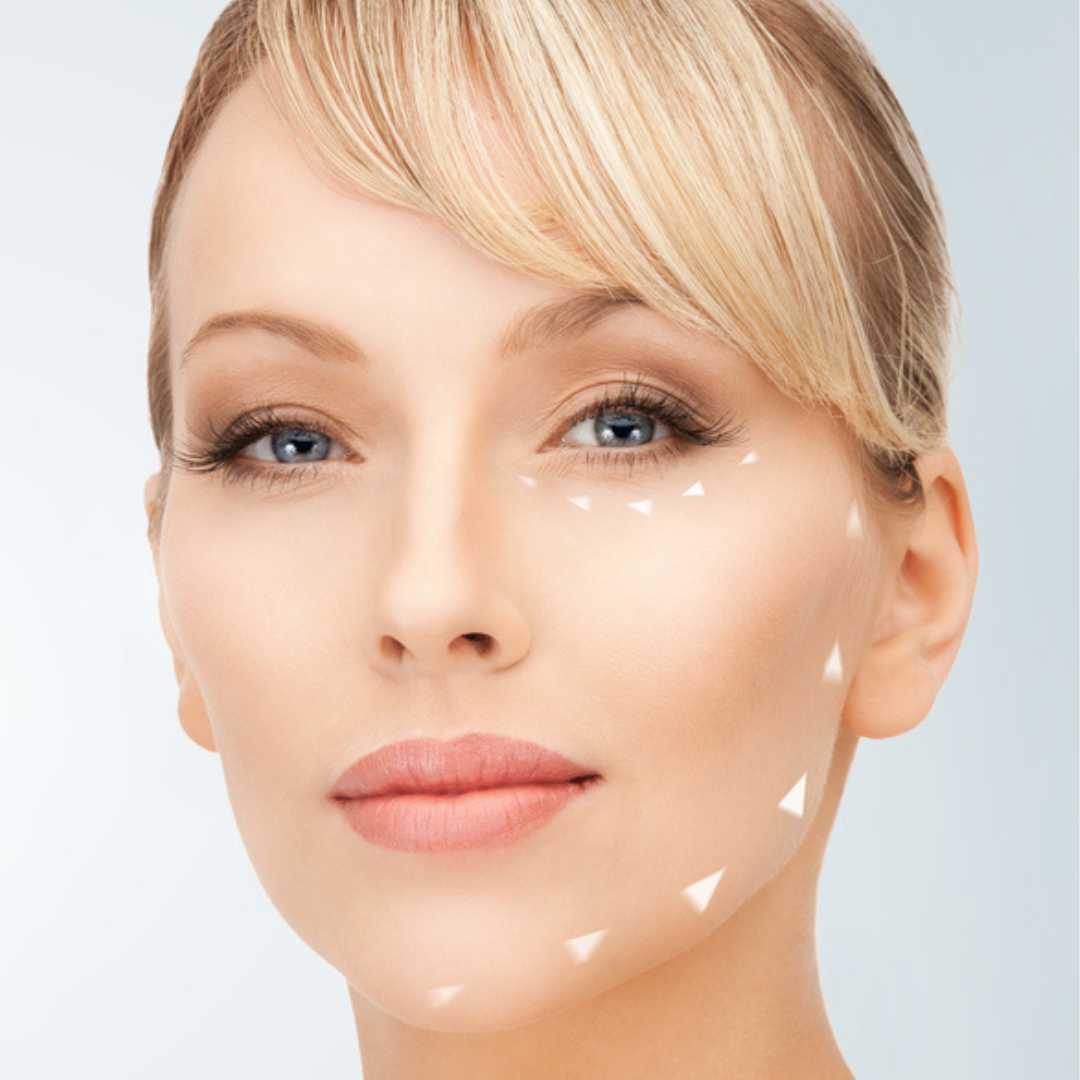







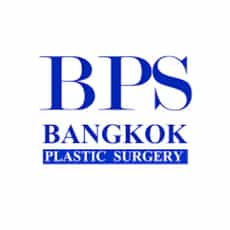

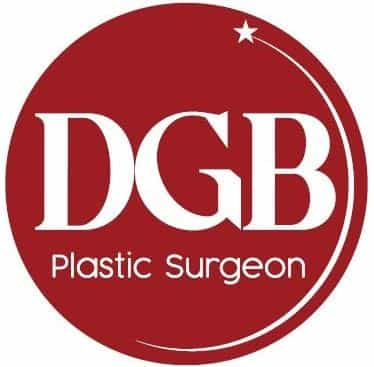
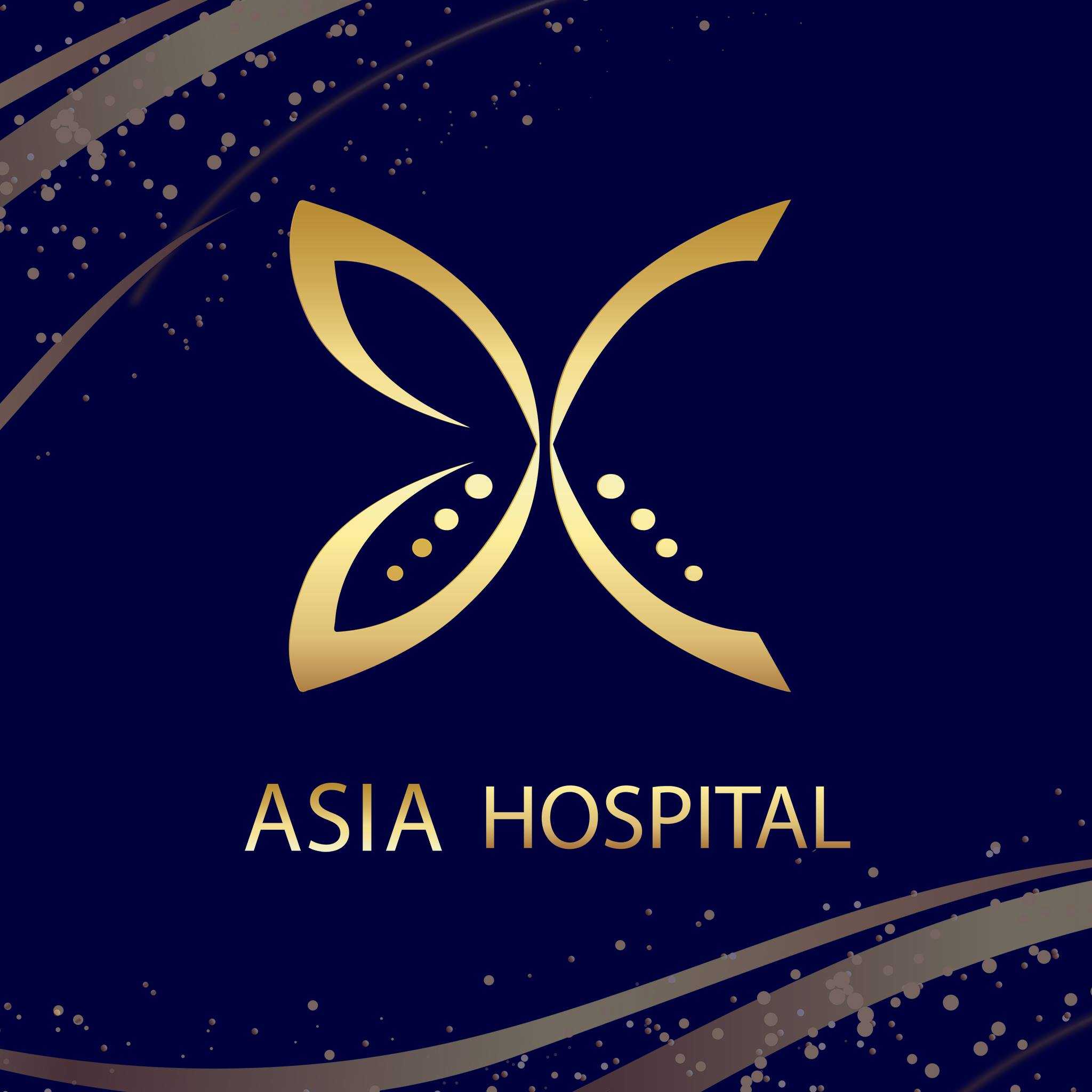


Share this listing